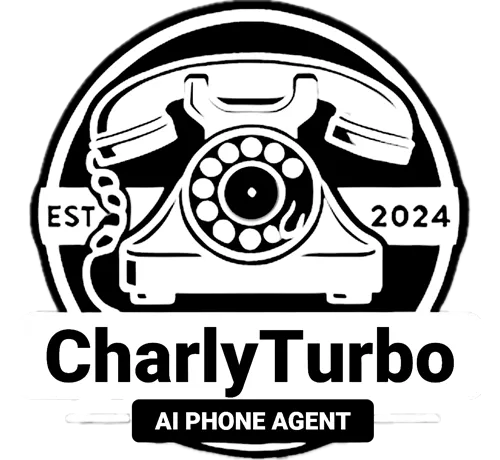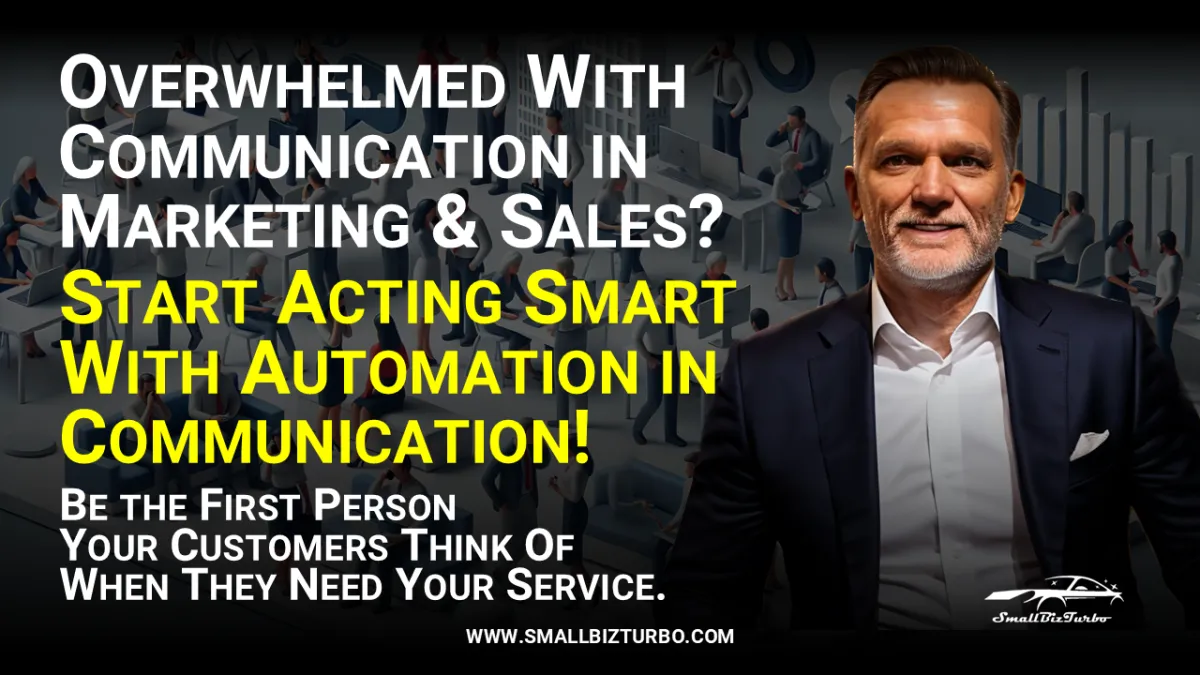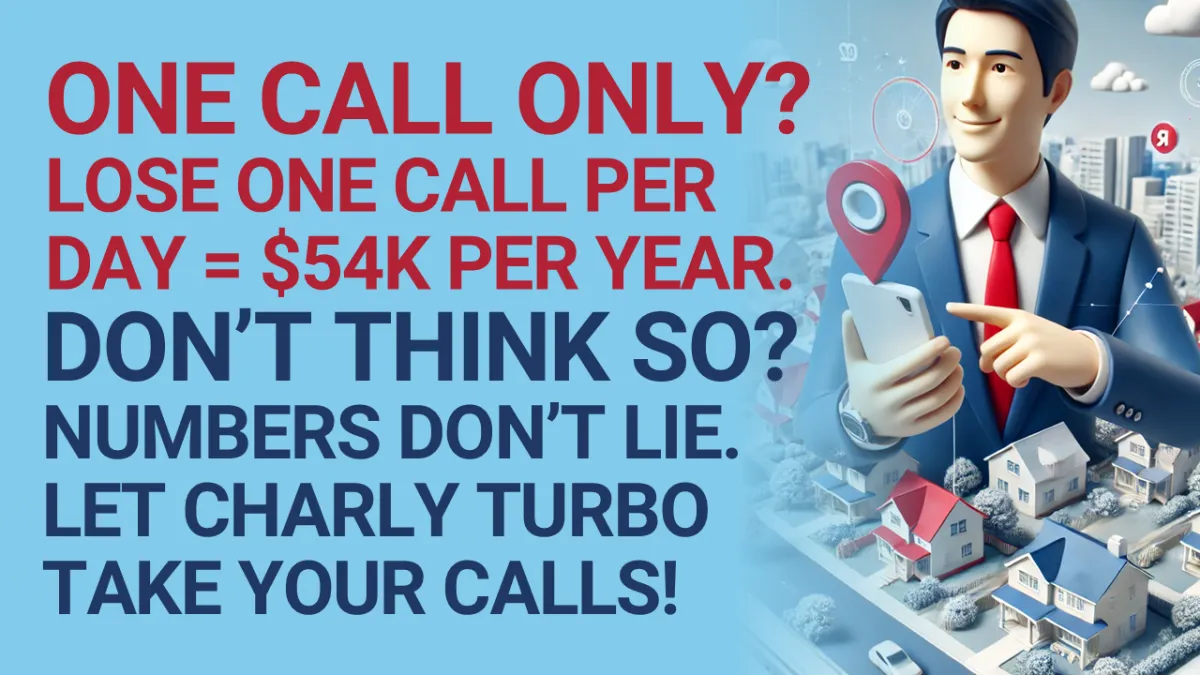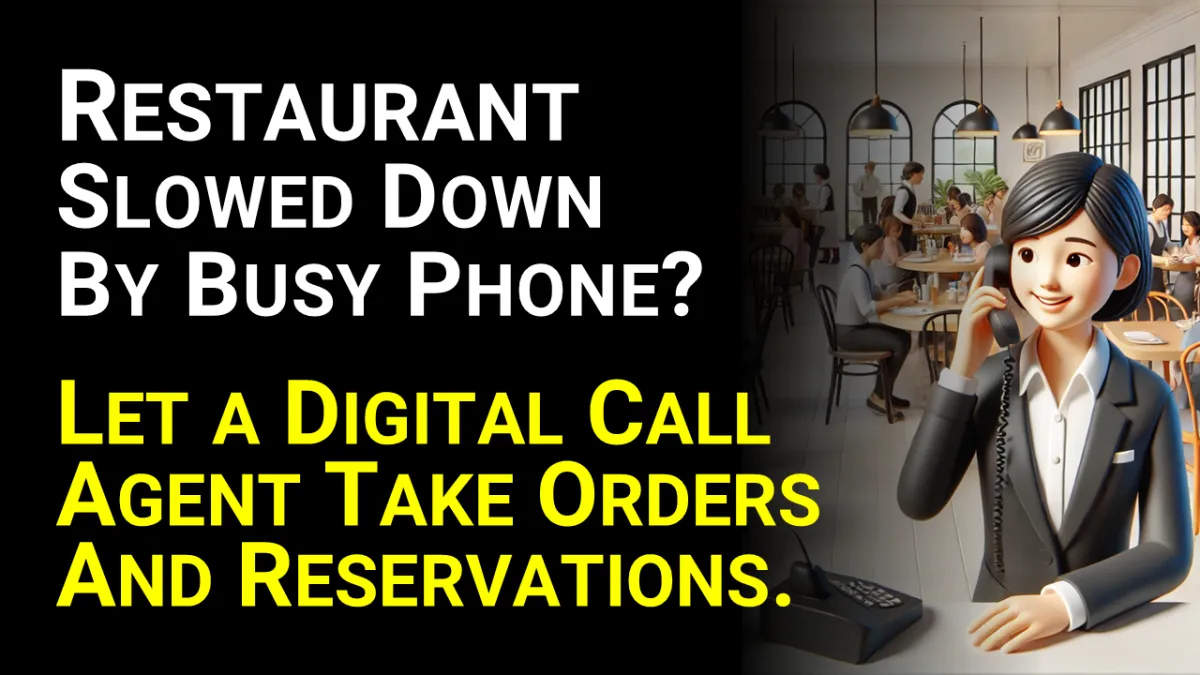



WELCOME TO THE Turbo BLOG
Smallbiz BLOG

Automated Communication Transforms Small Business Success
In today's fast-paced world of small business, communication is king. It's the link between you and your customers, the tool that builds trust, and the key to driving sales. Marketing legend Frank Kern makes a great point: you can't count on just one email to get a sale. And if you don't keep in touch with your customers, they'll forget about you.
The real money is in following up. If you want your business to stand out from the competition and become the go-to for customers, you've got to communicate consistently and strategically.
The Importance of Smart Communication with Automation
Here's the thing, though: the market isn't a completely untapped opportunity where you can just rely on being the best. Success isn't just about having the best product or service. It all comes down to being the most trusted competitor in your niche.
Building trust is all about making sure your customers have good experiences with your brand. And you can create these experiences through smart communication. Every time you interact with a potential or existing customer, it's a chance to build their trust in your brand.
This is where automation can be a real help. With so much on their plates, small business owners often find it tough to keep up with all the different ways they need to communicate—social media, email, messenger services, and even the phone.
While there's nothing like a personal touch, like a phone call or video chat, there are lots of ways to automate your communication in a smart and effective way. Automation helps you keep the conversation going, so your business stays top of mind without you having to put in constant manual effort.
Let's talk about some practical strategies for smart automated communication. The first step is to let people know about your services. You can do this through email sequences, social media posts, and ads on platforms like Facebook, LinkedIn, and YouTube. You can automate all these efforts through processes and sales funnels that guide leads towards a specific action - usually a click that takes them to your website. This is where it all comes together.
Your website is the central hub for all your communications. It's where potential customers can learn all they need to know about your products and services. But people might not always find what they're looking for right away. This is where AI-powered chatbots can really make a difference.
Unlike the old-fashioned "leave a message" approach, a smart chatbot is trained with all the relevant info about your business. It can give people the info they need right away, helping them decide to buy or book a service.
If you're selling products, you'll need an online shop that's integrated into your website. If you're offering services, letting people book a phone or video call directly from your site can really help you get more conversions. The chatbot can help with this by asking the right questions and sending the lead to the right booking page. This saves time and makes sure your communication is both efficient and effective.
It's also important to understand that not every lead is ready to buy right away. This is where following up is important. Automated messages can remind leads about the products they were interested in, offer additional suggestions, and keep them engaged with your brand. Automation lets you build relationships with these leads over time, increasing the chances that they'll eventually make a purchase.
Once a sale is made, don't stop communicating with the customer. Keeping in touch with customers through automated follow-ups is key to building long-term relationships. Asking for reviews on sites like Google, OpenTable, Yelp, or TripAdvisor not only helps you improve your services but also makes your online reputation look better.
If you have a solid automated communication strategy, your customers will feel like you value them and that you're listening to them. This makes them more likely to come back and recommend your business to others.
The Impact of Smart Communication on Small Business Success
Running a small business can be a lot to handle, especially when it comes to communication. But with a smart setup for automated communication, it's a whole lot easier to manage. Picture this: You've got a system that consistently reaches out to leads, builds relationships, and even handles customer inquiries—all without needing your constant attention.
This kind of setup not only saves you time but also makes sure that no lead or customer gets overlooked. Every interaction is a chance to build trust, and with automation, you can make the most of these chances without being stuck at your desk.
As your business grows, your automated systems can grow with you. This way, you can be sure that your communication will stay consistent and effective, no matter how big your customer base gets.
Entrepreneurs who use smart communication strategies see real results. Their businesses do well because they're able to keep their customers happy, stay on their minds, and ultimately make more sales. Automation lets them focus on what they do best - like developing new products, improving their services, or growing their brand - while their communication systems work hard in the background.
But there's more to the benefits of automation than just making life easier. They also give you an edge over the competition. In today's market, customers have more choices than ever. If you communicate consistently and effectively, customers will see you as the go-to choice in your niche. When customers think of your product or service, they'll think of you first because you've built that trust through smart, automated communication.
My Key Seven Action Points
1. Start with automation. Set up email sequences and social media automation to keep in touch with leads and customers in a consistent way.
2. Use an AI chatbot on your website to give people instant answers and help them through the buying process.
3. Keep your leads engaged and move them closer to a purchase with automated follow-ups.
4. Use multi-channel marketing to reach your audience on different platforms, like email, social media, and messenger services. Set up automated campaigns to reach them in the right place at the right time.
5. After a sale, set up an automated request for feedback and reviews. This helps you improve your services and boost your online reputation.
6. Make sure your website has an online shop or booking system and that it's integrated with your automated communication tools.
7. It's important to review and refine your automated communication strategy regularly based on performance data to make sure it's still effective.
If you follow these seven steps, you'll set up a solid communication system that keeps your leads and customers engaged, builds trust, and drives sales—all while freeing up your time to focus on growing your business.
The best part is that SmallBizTurbo is designed to handle all the action items (and more) you need to make your customer communication top-notch, efficient, and smart with automation and AI.
Ready to Take Your Business to the Next Level?
I suggest starting with a test so you know where you stand. Our Business Health Check is ready for you. Just click!
CLICK HERE to Start the Engine of your FREE BUSINESS HEALTH CHECK
#DecentWebsite
#PremiumStrategy
#OnlineScheduling
#StayingCompetitive
#CustomerRentention
#RevenueFromOnlineStore
#RelationshipManagement
#SocialMediaStrategy
#ManagingFinances
#Communications
#NewCustomers
#PathToGrowth
The Complete Information in One Call ...
How will CharlyTurbo work for your company?
How does the project move from Start to Finish?
What results can you expect?



Copyright 2025 Chatbo LLC - All Rights Reserved - ^^^












LinkedIn
Facebook
X
Instagram
Youtube
TikTok